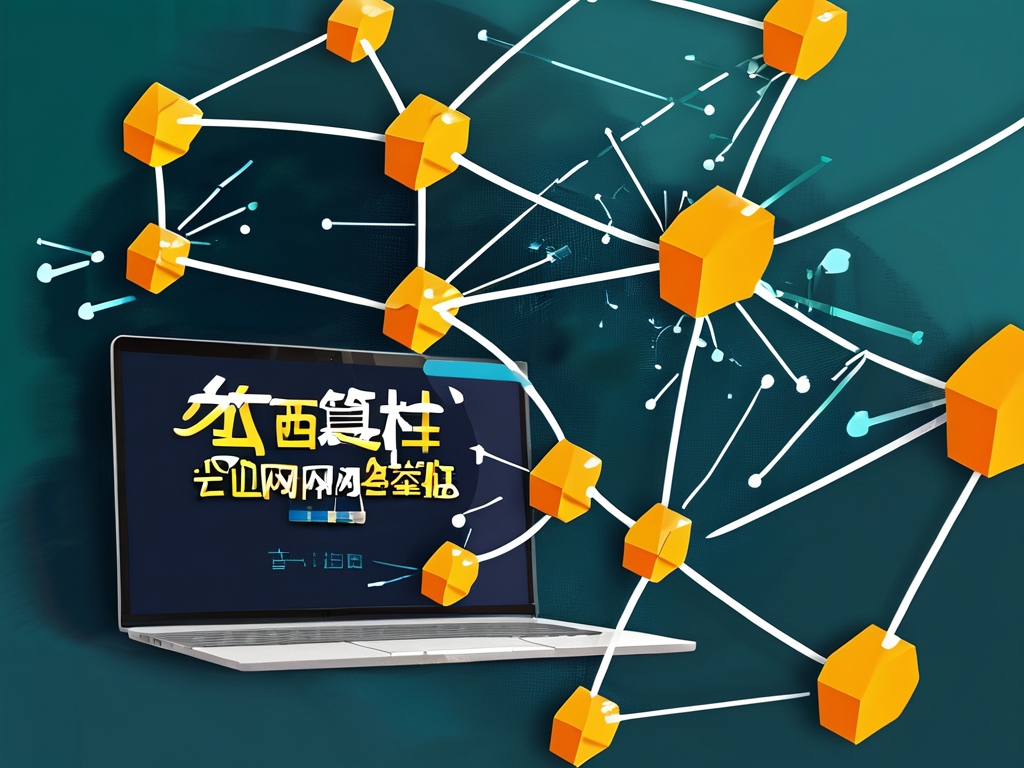In recent years, Guangxi has made significant strides in advancing its higher education system, particularly through specialized programs like the "Computer Networking Fundamentals" upgrade initiative for vocational college students. This program aims to bridge the gap between vocational training and undergraduate-level expertise, equipping learners with critical skills to thrive in the digital economy. Below, we delve into the structure, significance, and challenges of this transformative educational effort.

The Importance of Computer Networking in Modern Education
Computer networking forms the backbone of today’s interconnected world. From cloud computing to cybersecurity, professionals with networking expertise are in high demand. Guangxi’s (upgraded education) program recognizes this need, offering a curriculum that blends theoretical knowledge with hands-on practice. Courses cover essential topics such as network architecture, data transmission protocols, and network security, ensuring students gain a holistic understanding of the field.
For Guangxi, a region striving to bolster its technological infrastructure, this program is more than an academic pursuit—it’s a strategic investment. By training a skilled workforce, the initiative supports local industries, from e-commerce to smart city development, while aligning with national goals like China’s "Digital Silk Road."
Curriculum Design and Learning Outcomes
The program’s curriculum is structured to address both foundational and advanced concepts. Key modules include:
- Network Fundamentals: to OSI and TCP/IP models, IP addressing, and subnetting.
- Network Security: Encryption techniques, firewall configurations, and threat mitigation strategies.
- Practical Labs: Simulation tools like Cisco Packet Tracer and Wireshark for real-world troubleshooting.
- Emerging Technologies: Overview of 5G, IoT, and software-defined networking (SDN).
Students are also required to complete capstone projects, often in collaboration with local enterprises. These projects solve actual networking challenges, fostering innovation and industry readiness. For instance, a recent partnership with a Nanning-based logistics company involved designing a secure, scalable warehouse network system.
Challenges and Solutions
Despite its merits, the program faces hurdles. Many students transitioning from vocational backgrounds lack exposure to advanced mathematics or programming, creating knowledge gaps. To address this, Guangxi’s universities have introduced preparatory boot camps focused on Python programming and discrete mathematics. Additionally, hybrid learning models—combining online modules with in-person workshops—help accommodate working professionals.
Another challenge is the rapid evolution of networking technologies. Course materials must stay updated to reflect trends like edge computing and AI-driven network management. Faculty development programs, including partnerships with tech giants like Huawei and Tencent, ensure instructors remain at the forefront of industry advancements.
Success Stories and Regional Impact
The program has already yielded tangible results. Graduates have secured roles as network administrators, cybersecurity analysts, and IT project managers across Guangxi and beyond. One notable alumna, Li Wei, now leads a team optimizing rural broadband networks in Guilin, directly supporting the region’s digital inclusion goals.
Moreover, the initiative has spurred collaboration between academia and industry. Guangxi University’s "Smart Campus" project, powered by student-designed networks, serves as a model for sustainable, tech-driven education infrastructure.
Future Prospects
Looking ahead, Guangxi plans to expand the program’s scope. Partnerships with ASEAN countries are underway, leveraging Guangxi’s geographic advantage to foster cross-border tech collaboration. Additionally, integrating certifications like CCNA and CompTIA Network+ into the curriculum will enhance graduates’ global competitiveness.
Guangxi’s "Computer Networking Fundamentals" program exemplifies how targeted education reforms can drive regional and national progress. By equipping students with cutting-edge skills and fostering industry ties, it not only transforms individual careers but also positions Guangxi as a hub for technological innovation. As the digital landscape evolves, initiatives like this will remain pivotal in shaping a resilient, future-ready workforce.



